Workshop Schedule
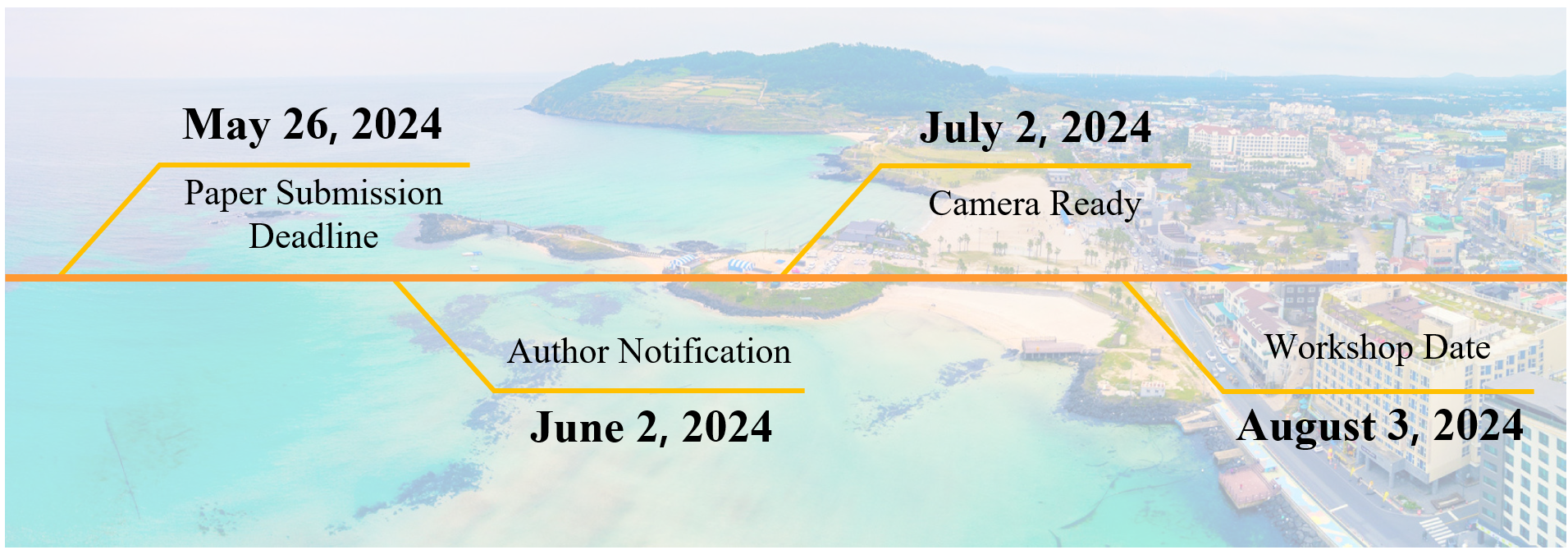

 |
Blesson Varghese |
The University of St Andrews |
 |
Aaron Gilad Kusne |
National Institute of Standards and Technology |
 |
Piotr Koniusz |
|
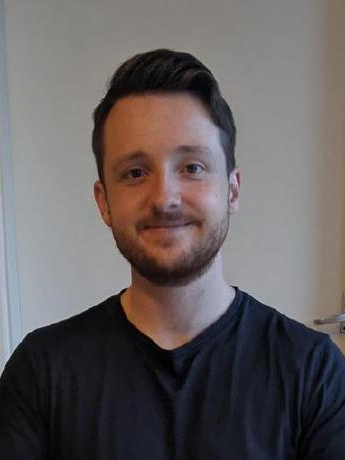 |
Olly Style |
|
| Venue: 2F, Room 203 |

 |
Jinyang Guo |
|
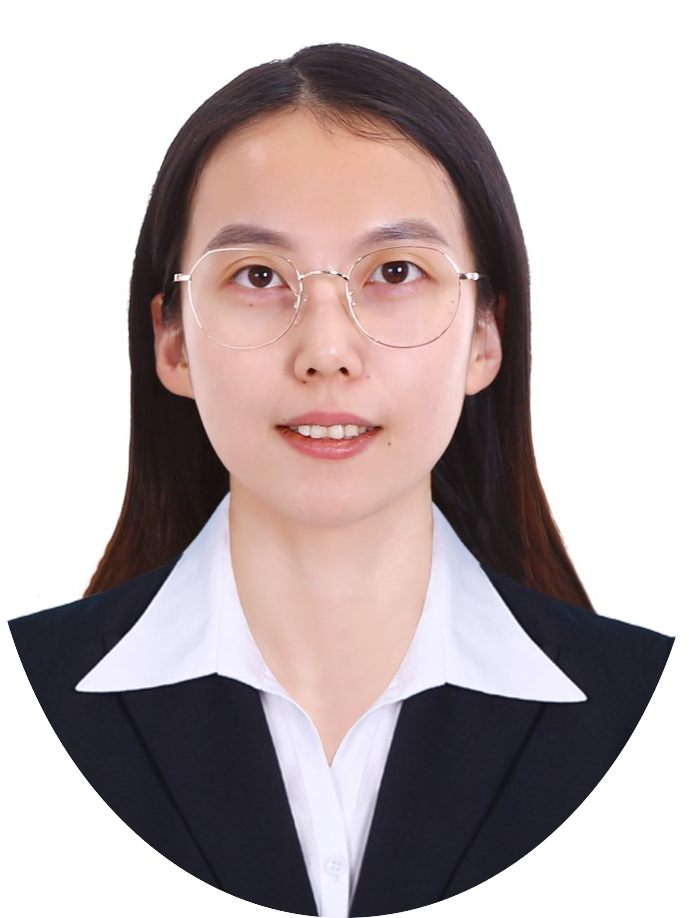 |
Yuqing Ma |
|
 |
Ruihao Gong |
|
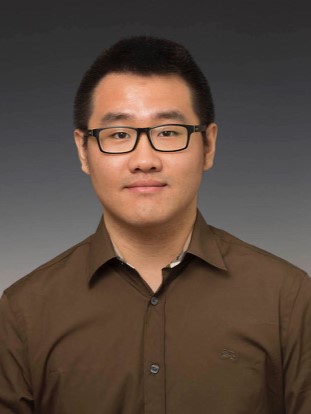 |
Ning Liu |
|
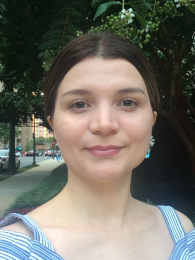 |
Olivera Kotevska |
Oak Ridge National Laboratory |
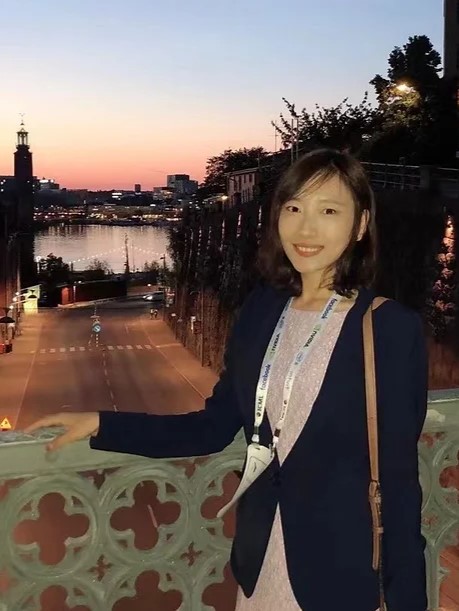 |
Shanghang Zhang |
|
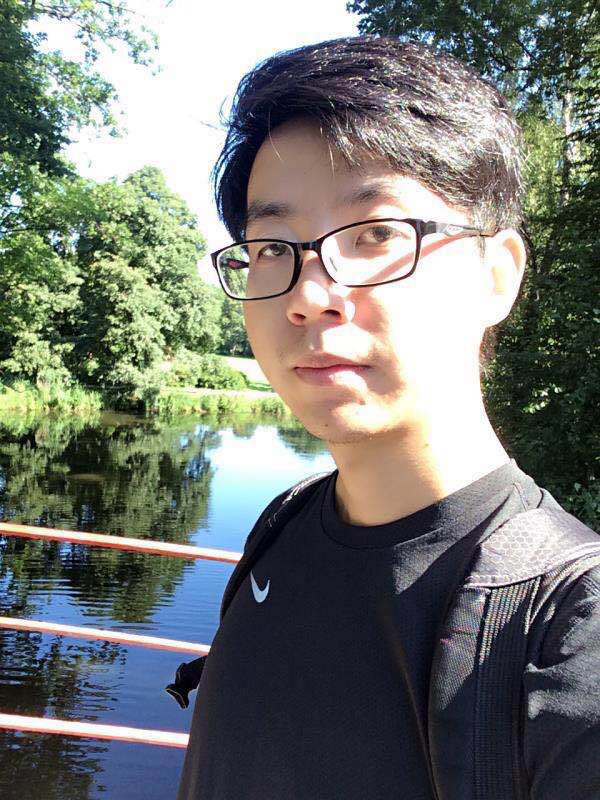 |
Pengfei Liu |
Shanghai Jiaotong University |
1st International Workshop on Generalizing from Limited Resources in the Open World @ IJCAI 23